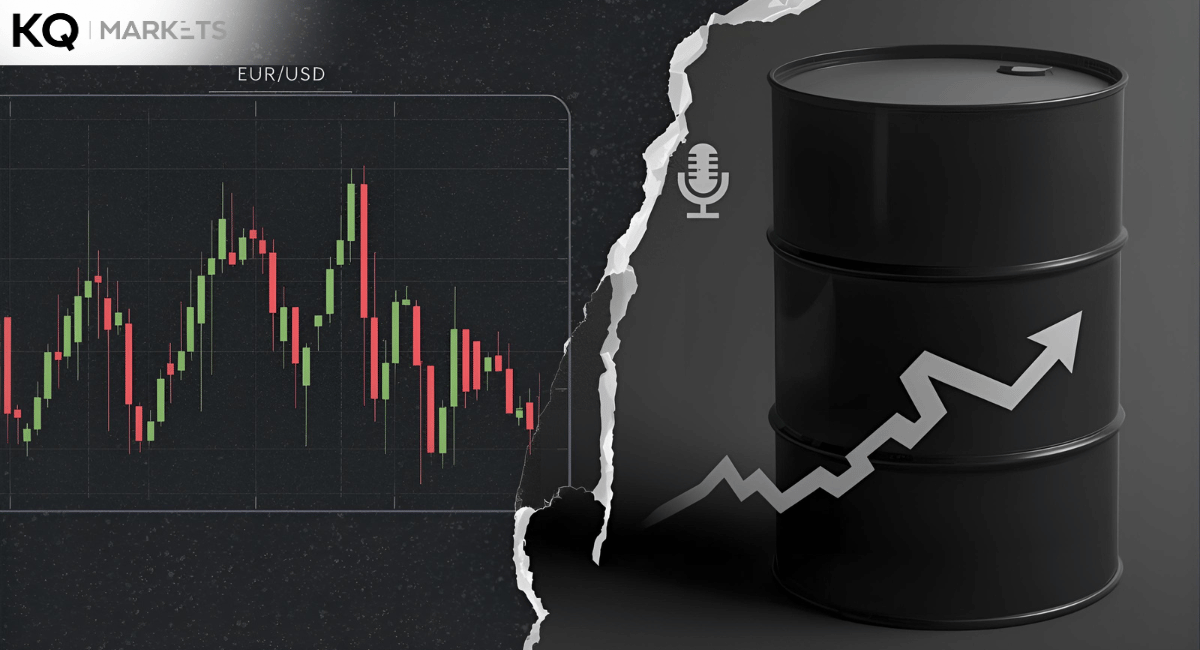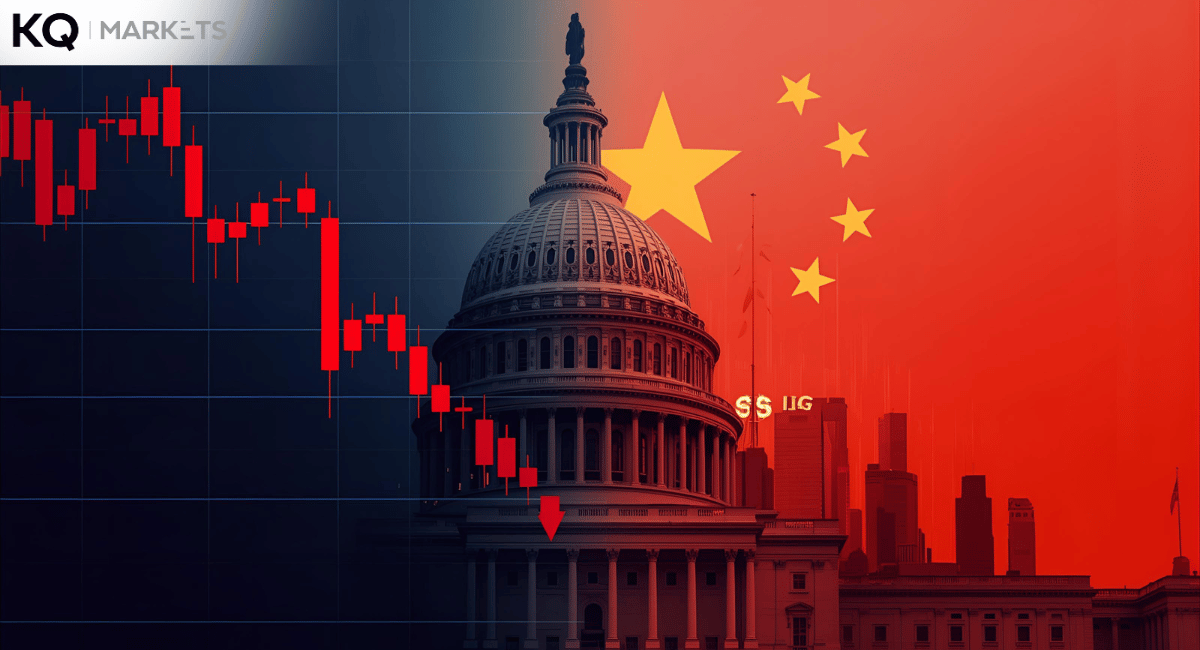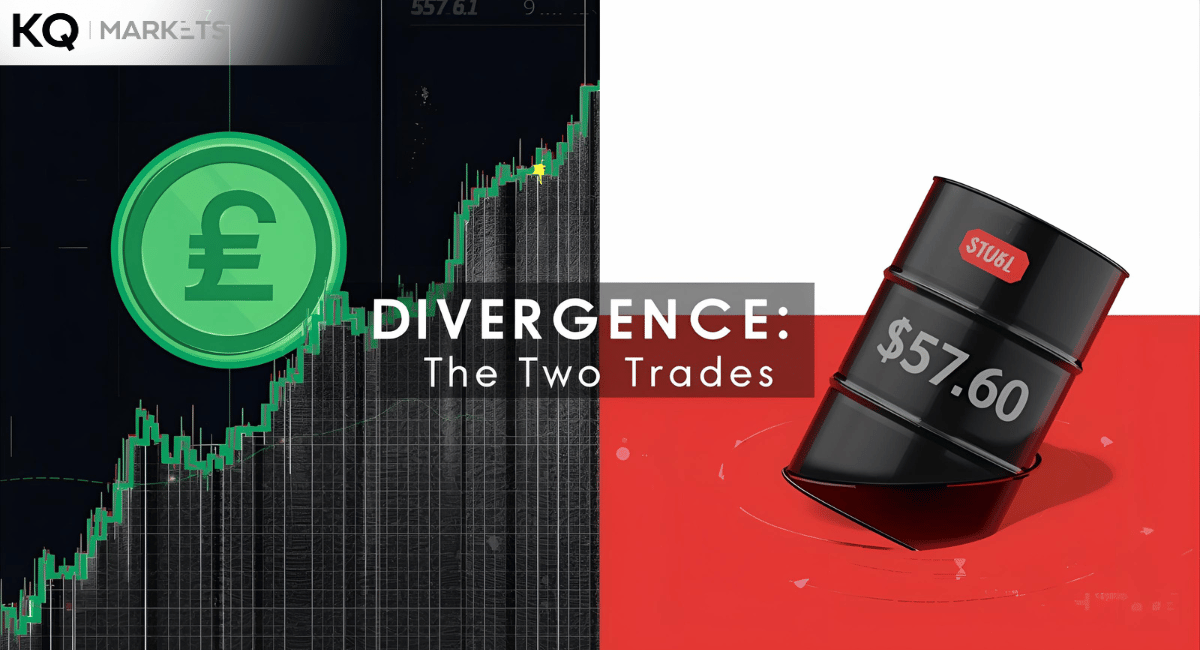Shares of Nvidia (NVDA) rose 3.7% on Wednesday as investors eagerly anticipated the company's fourth-quarter earnings report, scheduled for release after market close.
As a dominant AI chipmaker, Nvidia’s earnings are a crucial moment for the AI industry, with market participants closely monitoring Big Tech’s spending on high-performance GPUs—some costing up to $40,000 each. Reports indicate that Microsoft, Amazon, Google, and Meta collectively purchased $44 billion worth of Nvidia GPUs in the 2024 fiscal year, underscoring Nvidia’s market dominance.
With Wall Street expecting a 73% surge in revenue to $38.2 billion and a 63% increase in earnings per share (EPS) to $0.84, the results could significantly impact market sentiment.
Potential Risks and Market Concerns
Despite strong earnings expectations, Nvidia's stock has faced volatility. Over the past six months, it encountered stagnation, and in the last five trading sessions, shares dropped 9% due to concerns about inflation and regulatory challenges in the semiconductor industry.
Additionally, reports indicate possible export restrictions on AI chips, particularly under stricter US regulations, and potential delays in Nvidia’s Blackwell AI chips—both of which could influence investor sentiment.
The Impact of Competitor DeepSeek
A key market factor is China-based DeepSeek, which uses older Nvidia chips to develop AI models, offering a low-cost alternative. This announcement triggered a 17% drop in Nvidia stock as investors reconsidered demand projections.
However, Nvidia’s CEO remains confident that AI investment is rebounding, citing strong global demand for GPUs. South Korea, for example, recently announced plans to purchase 10,000 Nvidia GPUs to establish a national AI computing hub.
Despite concerns, DeepSeek primarily relies on older Nvidia chips, and its influence on Nvidia’s revenue may be limited in the short term.
Blackwell AI Chip and Supply Chain Challenges
The highly anticipated Blackwell AI chip has encountered overheating issues, requiring Nvidia to modify its server rack designs. While major clients will receive their orders first, smaller customers may face delays of up to a year.
Despite these challenges, demand remains strong, with Nvidia confirming that its entire Blackwell inventory for the next 12 months is already sold out.
Trading Strategies for Nvidia Earnings
For traders looking to capitalize on Nvidia’s earnings, there are two primary approaches:
- Pre-Earnings Strategy: Traders can take positions before the market closes, expecting a stock movement of 8-10% at the next day’s open.
- Post-Earnings Strategy: Waiting for the report allows traders to react based on actual results, reducing risk but potentially missing key price swings.
Historically, Nvidia stock has been unpredictable following earnings:
- 11 out of the last 20 earnings reports led to a positive next-day price movement, while 9 resulted in declines.
- The largest single-day loss was 10%, with an average decline of 5.9% on negative reactions.
- On positive earnings reactions, the average gain was 4.9%, with some continuing to rally 14.84% over the next 30 days.
A weak initial reaction often leads to further declines, with a 27% maximum drop recorded in previous post-earnings periods. However, strong initial moves tend to sustain momentum, offering a compelling opportunity for traders.
Conclusion: How Traders Can Leverage Nvidia’s Market Movements
Nvidia’s earnings report will serve as a key market catalyst, shaping expectations for AI chip demand, supply chain dynamics, and global semiconductor trends. Traders should remain cautious of regulatory risks while considering the potential for strong post-earnings price movements.
At KQ Markets, we provide traders with expert insights into global stock trends, AI technology shifts, and trading signals to help navigate market volatility.
Sign up with KQ Markets - Start your trading journey today and capitalize on Nvidia’s price action!




